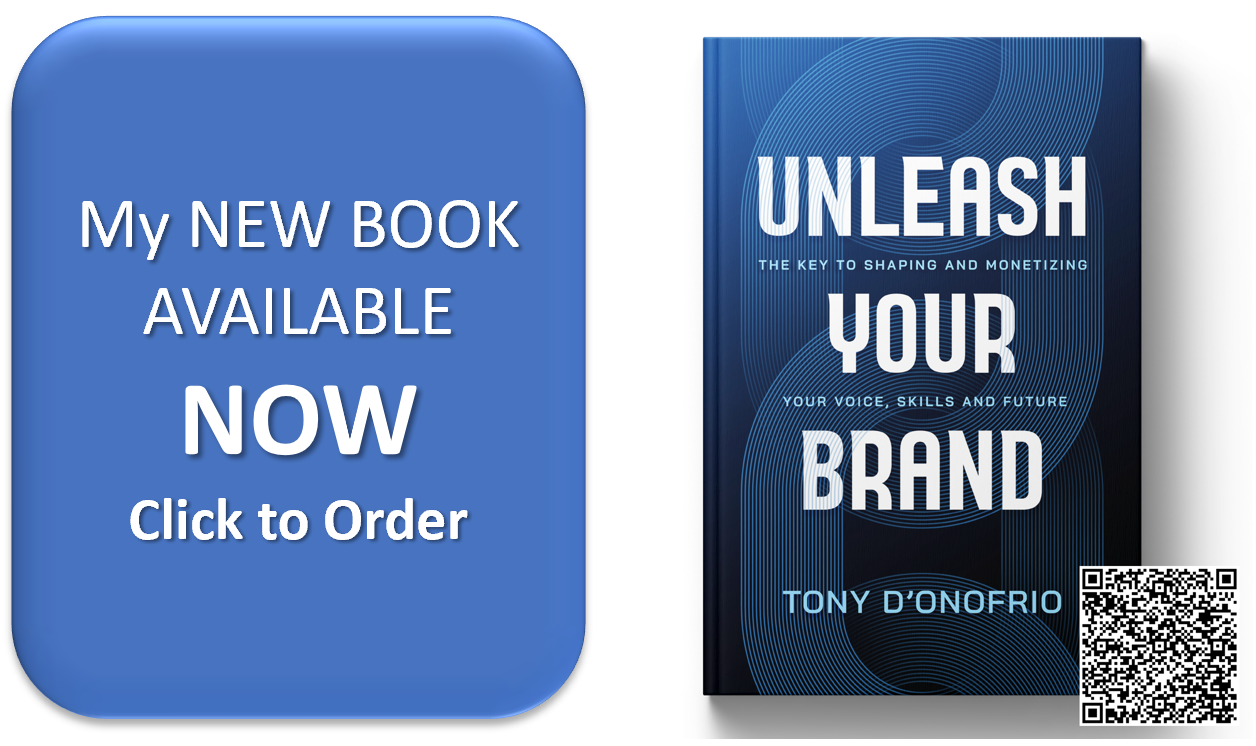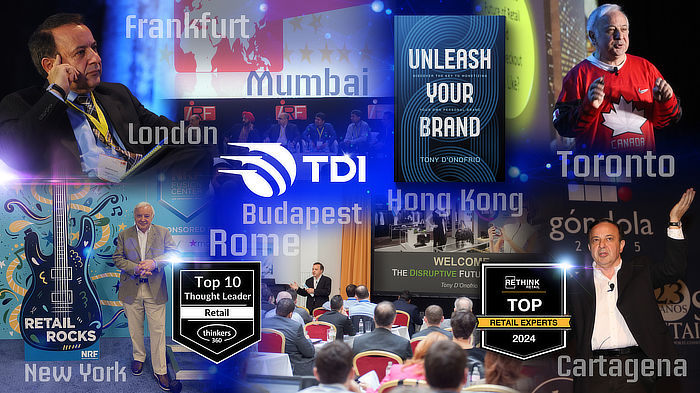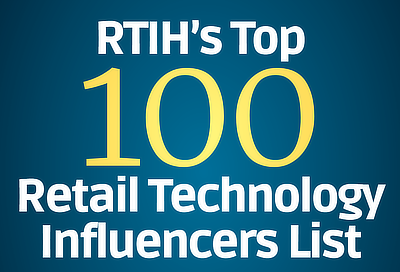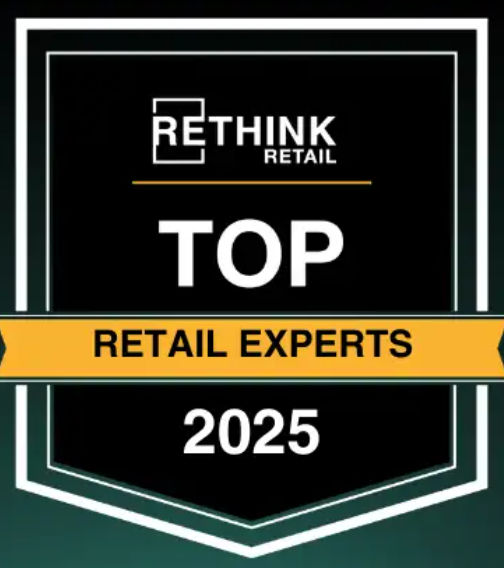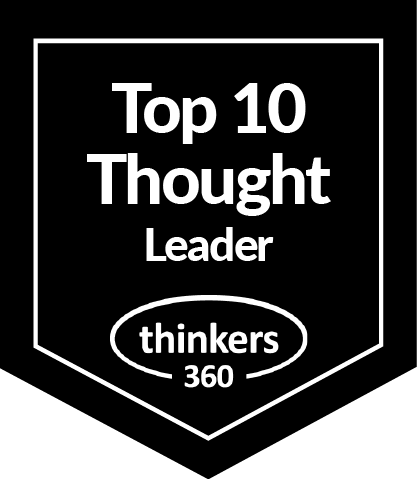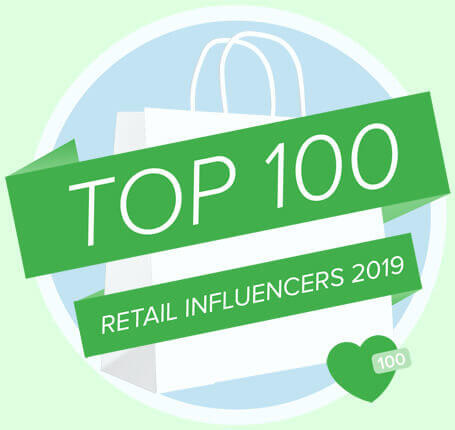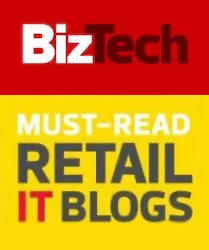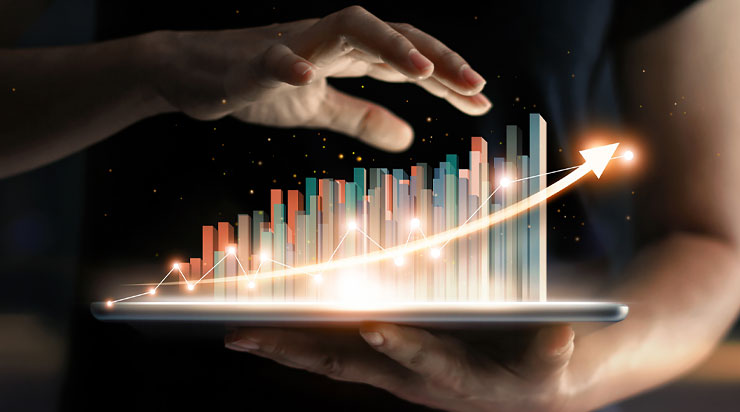"We want people to be able to use those (Frequent Flyer) miles not to fly for free but to control your experience." - Glen Hauenstein, Delta Airlines President (March 2016)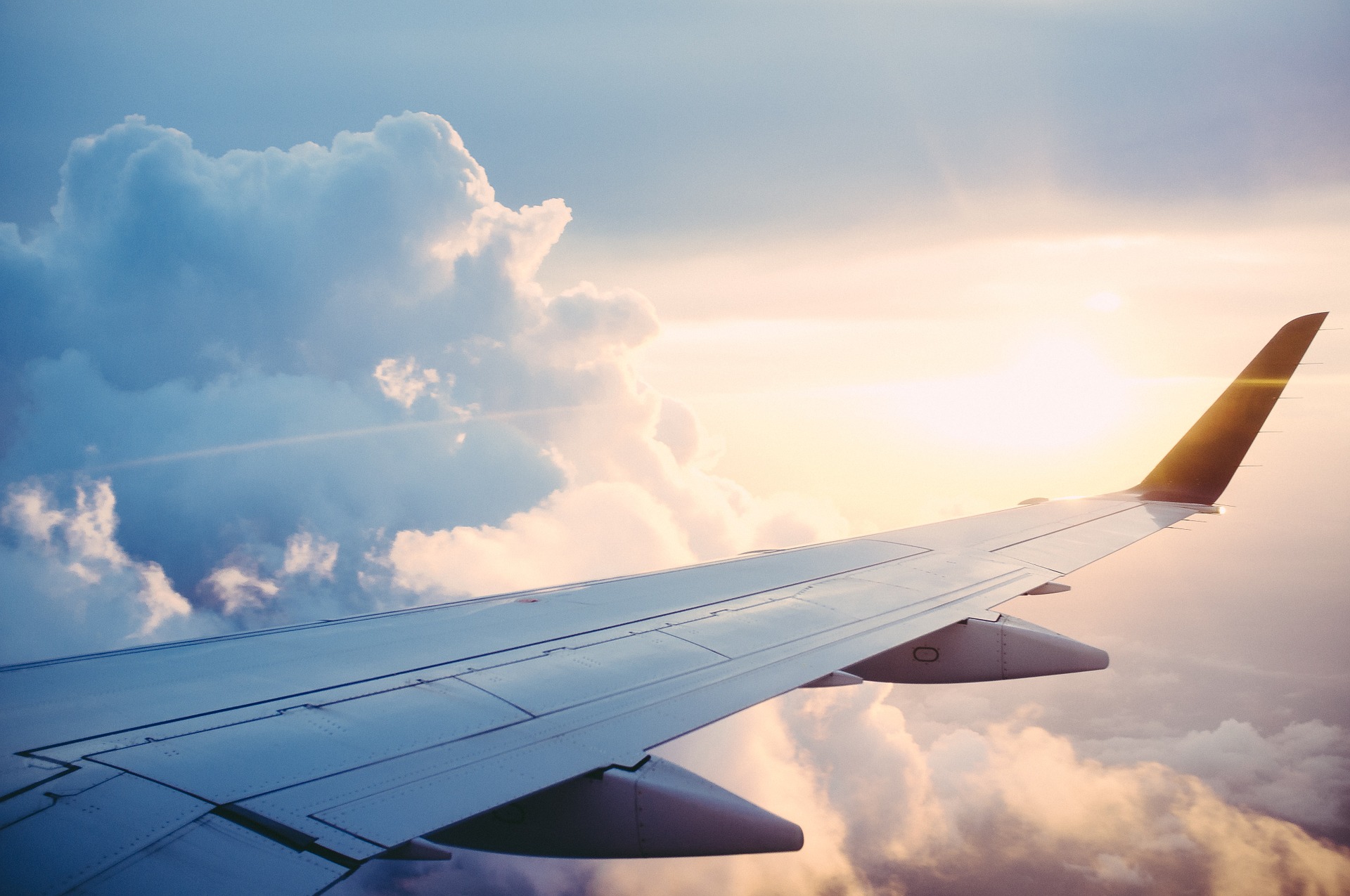
American Airlines is credited with the development of the first loyalty program in 1981. "What distinguished the airline program, and made them the most successful marketing program ever, was a winning combination of the psychological and the financial - the lure of travel (quintessentially aspirational) and the return-on-investment value of the awards (because they awarded unsold seats, the real cost to the airline was miniscule)."
Retailers were not far behind in adapting loyalty programs to increase brand value.
Thirty five years later, it's interesting to contrast the evolution and current state of loyalty programs in both the airline and retail industries.
- What are the top 10 global frequent flyer programs? As a top tier flyer on Delta, how has their program evolved?
- What are the latest consumer sentiments towards loyalty programs?
- Is technology evolving or killing the frequent shopper program?
- What's the future of loyalty programs?
The top 10 "Best Frequent Flyer Programs on the Planet"
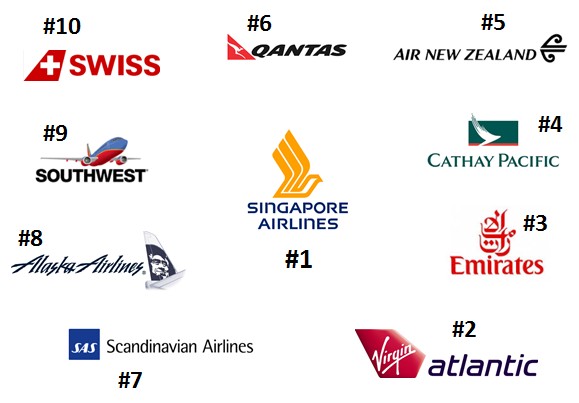
Delta Skymiles Program
It is not a surprise that Delta, American, and United are missing from this list. Post de-deregulation, all three airlines reduced the value of their loyalty programs. For Delta, this continues today. As announced earlier this year, Delta plans to "adjust the pricing of seats at the front of the plane so more are sold. While Delta currently sells just 57% of its first -and business- class cabins, the company said that it will boost the figure to 70% by 2018." Delta's President confirms that it is time to say goodbye to the frequent flyer upgrade.
Of the top 3 major USA airlines, Delta has the lowest value for each Skymile at 1.2 cents USD each. Having recently purchased two award tickets, I can confirm that Skymiles continue do decrease in value.
The State of Retail Loyalty Programs
The decline in the value of loyalty programs is not just an airline industry phenomenon. As Accenture pointed out in a recent study:
- 42% of all retailers' customers are members of their loyalty program, but 58% of all loyalty members are inactive.
- Loyalty program members generate 12%-18% incremental revenue per year, compared to non-members.
- Retailers think their loyalty programs are differentiated, but customers do not agree. 33% of loyalty members shop at competitors. 44% of shoppers say it's easy to switch programs. 71% of shoppers claim the loyalty program does NOT engender loyalty.
- Retailers plan to continue to make big investments in loyalty in 2017. 72% expect a larger technology budget.
Perception of loyalty programs vary across the world. "In the UK, some experts argue that, in the grocery sector, price is becoming more important to consumers than the rewards offered by loyalty programs. In the US, the number of memberships continues to grow, but actual engagement with loyalty programs is declining. In other regions, such as Germany, consumers have long held concerns about data privacy, which can inhibit participation in loyalty programs."
The average USA household has 29 memberships in loyalty programs and actively uses 12 of them. The total includes retail and non-retail programs such as credit card and airline loyalty programs.
Technology Can Kill Loyalty
Being a tech savvy frequent flyer, have noticed that airlines are accelerating technology adoption to further reduce cost; the result in an increasingly detached clinical customer experience.
- Computers are taking control of the entire flight journey, including re-scheduling all your flights. Instead of working to help you make that connection, it's much simpler to have the computer schedule you on the next one.
- Travel experiences are no longer unique or memorable. "Cattle Car" mentality has led to mass produced products with no differentiation across all three of the major USA airlines.
- As one of the three major frequent flyer program deteriorates, all the others quickly follow to cut their own cost.
Contrast this technology centric response to Howard Schultz and the steps he took on his return to Starbucks post an 8 year hiatus when the company was in trouble. As outlined in his 2008 employee memo, the recovery strategy focused on "reigniting our emotional attachment to customers by restoring the connection our customers have with you, our coffee, our brand, and our stores. Unlike many other places that sell coffee, Starbucks built the equity of our brand through the Starbucks Experience. It comes to life every day in the relationship our people have with customers. By focusing again on the Starbucks Experience, we will create a renewed level of meaningful differentiation and separation in the market between us and others who are attempting to sell coffee."
Schultz closed all the Starbucks stores to re-teach baristas how to make a great cup of coffee. The spotlight which led to the resurgence that continues today was on customer experience, not technology.
The Future of the Consumer Loyalty Programs
Loyalty programs middle age anxiety is real as most programs are archaic, stale, and not keeping up with consumer shifts. Loyalty starts by building strong brands that focus on the customer experiences. Think Starbucks, Apple, Ulta, and Costco as retail industry examples. At Ulta, 16 million active loyalty members account for 80% of the company's sales.
Technology will not save the loyalty program, but properly applied with new approaches such as gamification, it can improve customer experiences. Digital engagement using smartphones and social media can improve the shopping journey.
The parallels to the future of loyalty programs in retail are in the airline industry. Future flyers and consumers will have more choices and will be more discerning. Flying past middle age loyalty programs anxiety is easy. In all industries, loyalty follows exceptional customer experiences.


